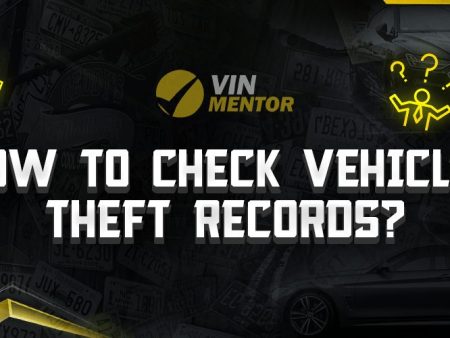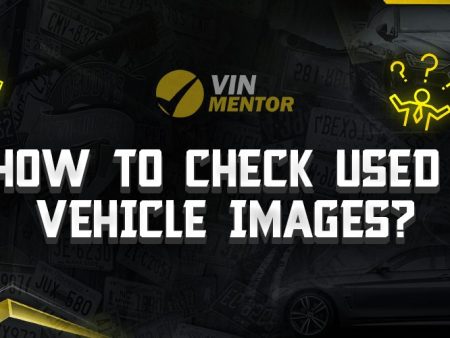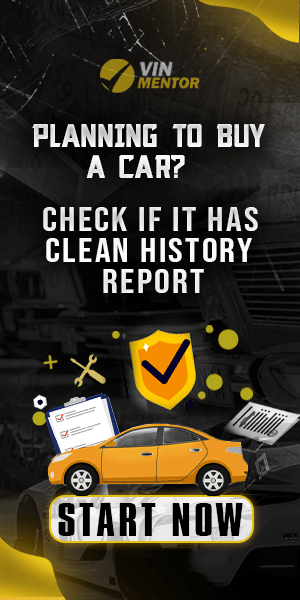

Buying a car is an exciting endeavor that often involves researching, test driving, and negotiating the best deal. But have you ever wondered if you can purchase a car in another state? In this article, we’ll explore the possibilities and considerations involved in buying a car outside your home state. Read on to discover what you need to know before making a cross-state car purchase.
Key Takeaways
- Familiarize yourself with the regulations and requirements of the state where you plan to buy the car, including titling, registration fees, taxes, and inspections.
- Consider availability, pricing, and deals when deciding to buy a car in another state. Balance these benefits with challenges like transportation logistics and unfamiliar regulations.
- Research how tax and registration apply to your cross-state purchase.
- Buying in another state expands vehicle options and potential savings, but be prepared for logistical challenges and unfamiliar regulations.
- Use reliable VIN check websites to gather vehicle history information, including accidents, maintenance records, and ownership.
Understanding the Legal Implications
When buying a car in another state, it’s essential to understand the legal implications involved. Each state has its own set of regulations and requirements for vehicle purchases, so it’s crucial to familiarize yourself with the specific laws of the state where you plan to make the purchase. This includes understanding the titling process, which involves transferring ownership of the vehicle to your name. Additionally, you should be aware of the registration fees and any taxes or inspections that may be necessary. By being well-informed about these legal aspects, you can avoid potential pitfalls and complications that may arise during the purchasing process.
Evaluating Your Decision
Before deciding to buy a car in another state, it’s important to evaluate the factors that influence your decision.
- Availability of a specific make or model that you’re interested in. If the vehicle you desire is not readily available in your home state, expanding your search to other states may provide better options.
- You may come across competitive pricing or unique deals that make purchasing out of state more appealing.
However, it’s crucial to weigh these potential benefits against the challenges that may arise. These challenges can include:
- Transportation logistics, as you’ll need to arrange for the vehicle to be brought to your location, and there may be additional costs associated with that.
- Navigating unfamiliar regulations and potential complications with paperwork can add complexity to the buying process.
By carefully considering these factors, you can determine if buying a car in another state aligns with your preferences and priorities.
Navigating Tax and Registration Requirements
Tax and registration requirements vary from state to state, and it’s essential to understand how they apply to your cross-state purchase.
- In most cases, when you register the vehicle, you’ll need to pay sales tax in the state where you register it, regardless of where you bought the car. This means that even if you find a great deal on a vehicle in another state with lower sales tax, you’ll still be responsible for paying the tax in your home state.
- It’s crucial to research and understand the process for obtaining temporary registration or transferring your current registration to your home state. This involves following the specific procedures set by your state’s Department of Motor Vehicles (DMV) or relevant governing body.
By ensuring compliance with all necessary regulations, you can avoid any issues or delays in the registration process.
Benefits and Drawbacks
Buying a car in another state presents both benefits and drawbacks.
On the positive side:
- Purchasing a car outside your home state can provide access to a wider selection of vehicles. Certain makes or models that may be rare or unavailable in your local area could be more readily available elsewhere.
- You might encounter competitive pricing or unique deals that aren’t available in your home state, potentially saving you money on your purchase.
On the negative side:
- Additional logistical challenges associated with transporting the vehicle to your location. This can involve arranging shipping or traveling to the seller’s location and driving the car back yourself.
- Navigating unfamiliar regulations and potential complications with paperwork can add complexity to the buying process, requiring extra time and effort.
By carefully weighing the benefits and drawbacks, you can make an informed decision regarding buying a car in another state.
Conclusion
Buying a car in another state can be an enticing prospect, offering various benefits and opportunities. However, it’s essential to understand the legal implications and navigate tax and registration requirements diligently. To make an informed decision, consider the factors that influence your choice and weigh them against potential drawbacks. Additionally, conducting a thorough VIN check is highly recommended to ensure the vehicle’s history and condition. To assist you in this process, we have compiled a list of recommended best VIN Check Websites. By utilizing these resources, you can gather valuable information about the car’s background, including accidents, maintenance records, and previous ownership, providing you with peace of mind before finalizing your purchase. Remember, knowledge is key when buying a car in another state, and these VIN check websites can be valuable tools in your decision-making process.
FAQ
Can I buy a car in another state and drive it home?
Yes, you can buy a car in another state and drive it home. However, you need to ensure that you have the necessary documentation, such as a temporary registration or trip permit, to legally drive the vehicle back to your home state.
Do I have to pay sales tax if I buy a car in another state?
Yes, in most cases, you will need to pay sales tax when you register the vehicle in your home state, regardless of where you purchased the car. You may be eligible for a credit for any sales tax already paid in the state where you bought the car, but it depends on your home state’s tax laws.
How do I transport the car to my home state if I buy it in another state?
There are a few options for transporting a car to your home state. You can hire a professional auto transport company to ship the vehicle, arrange for a private driver or transport service, or travel to the seller’s location and drive the car back yourself.
Are there any additional costs associated with buying a car in another state?
Yes, there may be additional costs associated with buying a car in another state. These can include transportation costs, such as shipping fees or travel expenses if you decide to pick up the car yourself. Additionally, you should consider any potential fees for registering the vehicle in your home state.
Can I finance a car if I buy it in another state?
Yes, you can finance a car purchased in another state. However, it’s important to note that financing terms and requirements may vary between states and lenders. You should research and arrange financing before making the purchase to ensure a smooth transaction.
How can I ensure the vehicle’s history if I’m buying a car in another state?
To gather information about the vehicle’s history, including accidents, maintenance records, and ownership, you can use reliable VIN check websites. These online services provide comprehensive reports based on the vehicle identification number (VIN) and can help you make an informed decision before finalizing your purchase.
Are there any specific regulations I need to be aware of when buying a car in another state?
Yes, each state has its own set of regulations and requirements for vehicle purchases. It’s crucial to familiarize yourself with the specific laws of the state where you plan to buy the car. This includes understanding the titling process, registration fees, taxes, and inspections that may be necessary.
Can I transfer my current registration to my home state if I buy a car in another state?
Depending on your home state’s regulations, you may be able to transfer your current registration to your new vehicle. It’s important to research and follow the specific procedures set by your state’s Department of Motor Vehicles (DMV) or relevant governing body to ensure a smooth registration process.












